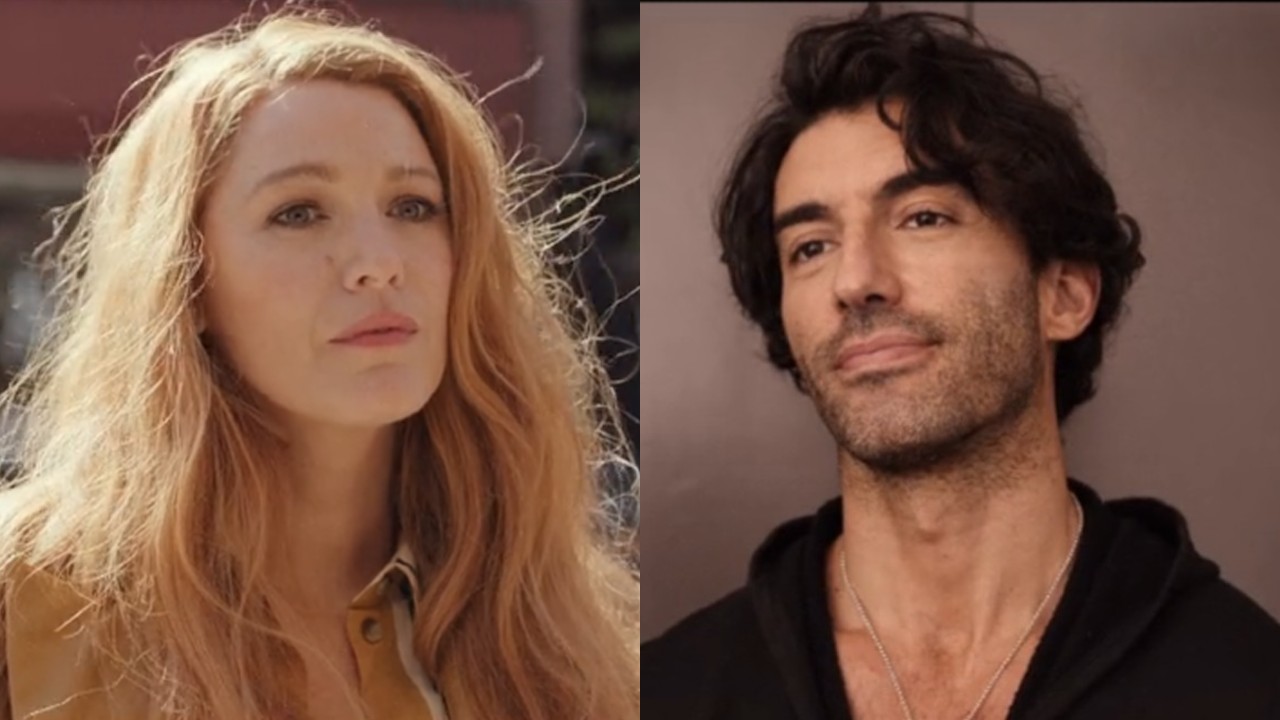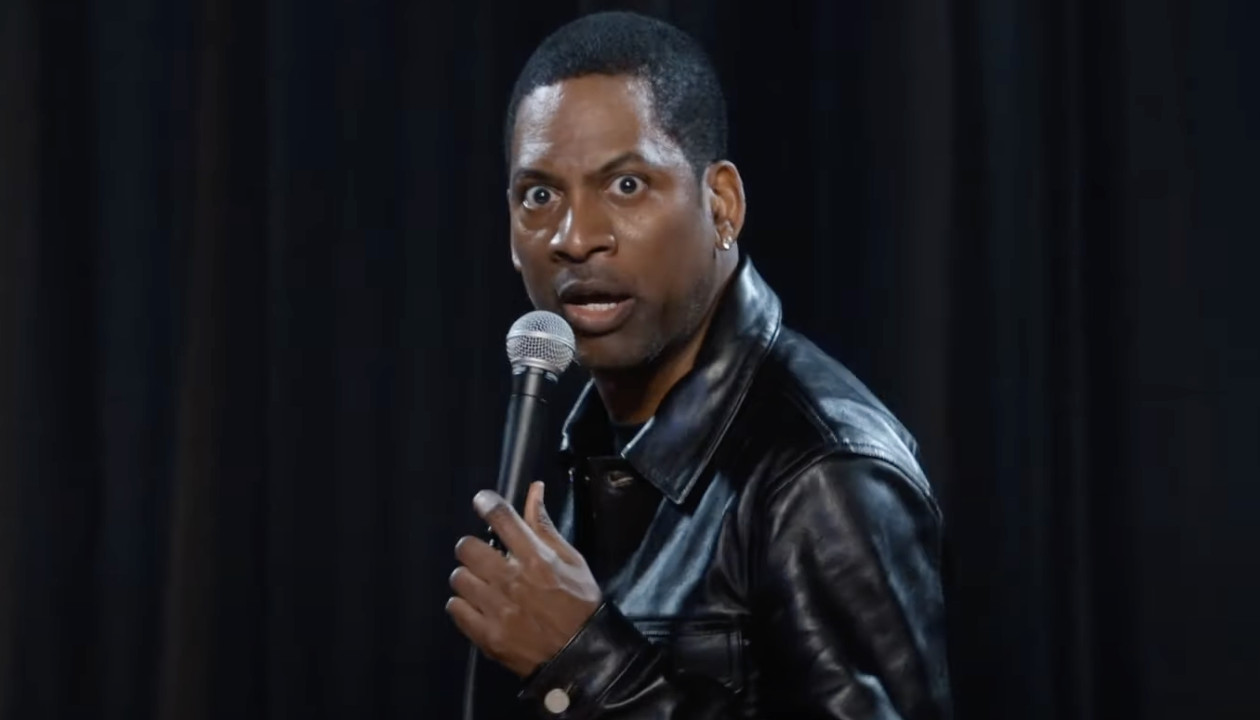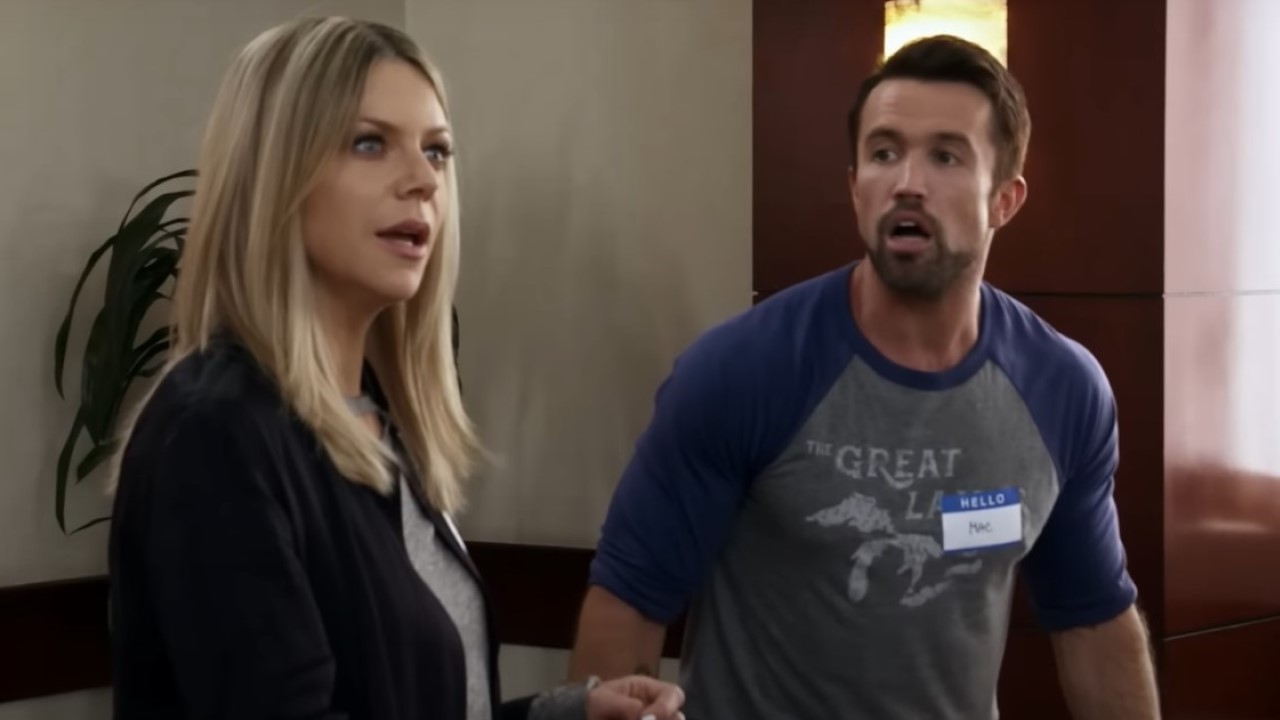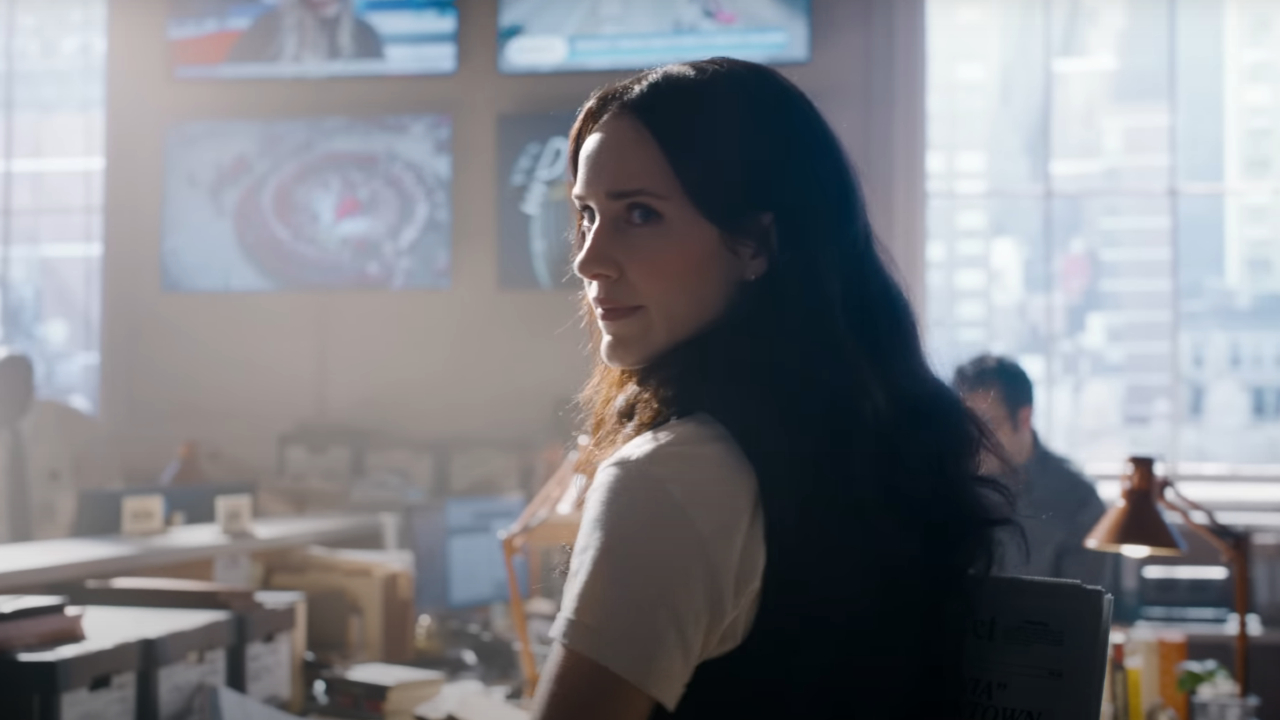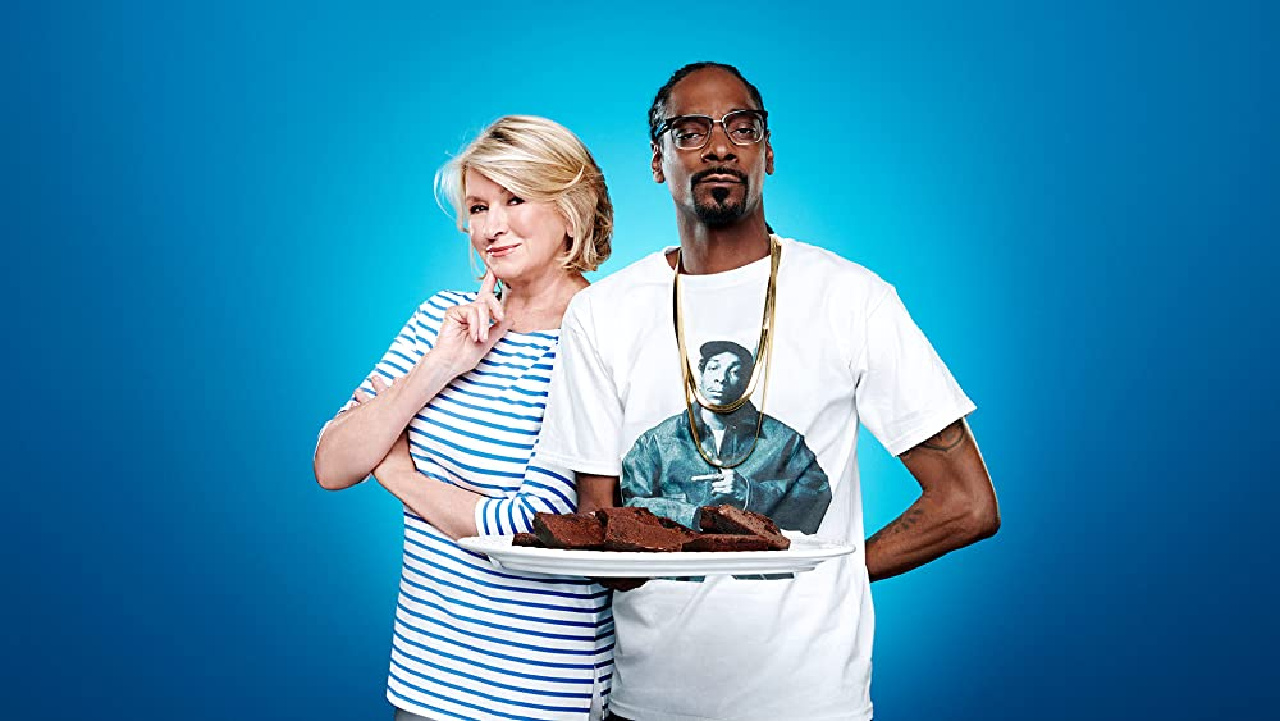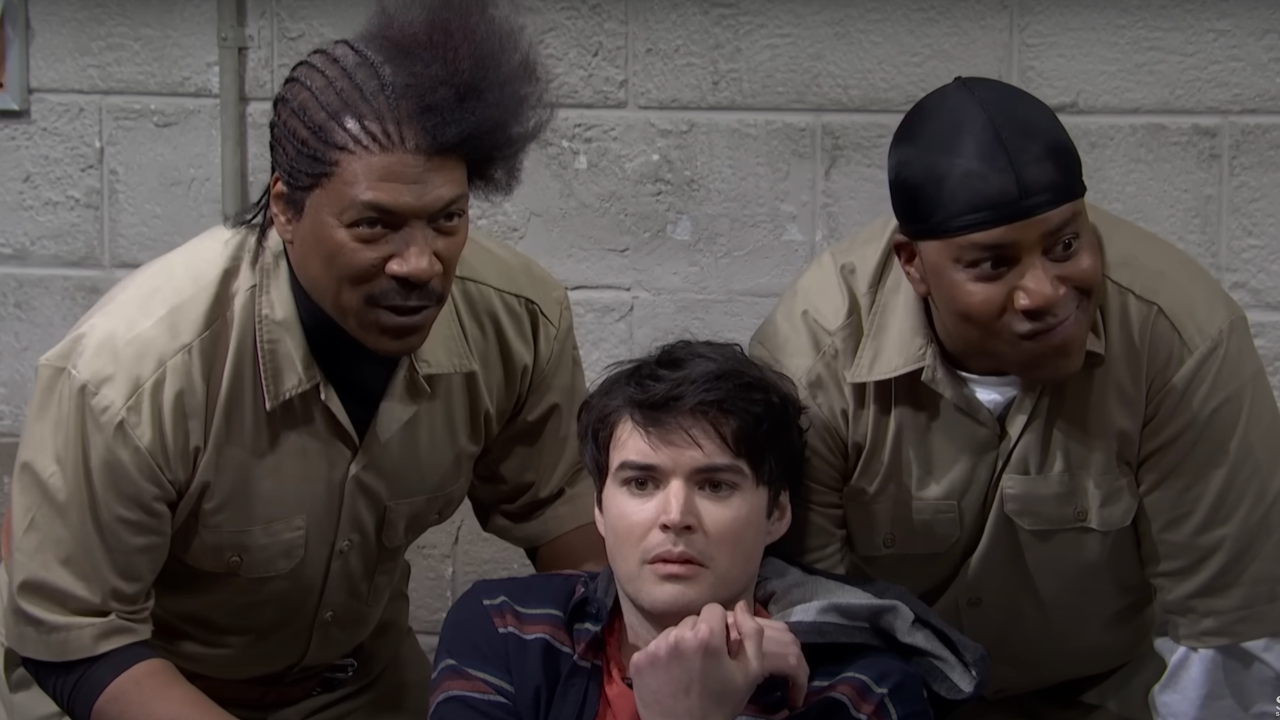A Quiet Place Needs The Right Crowd, How Are Audiences Doing?
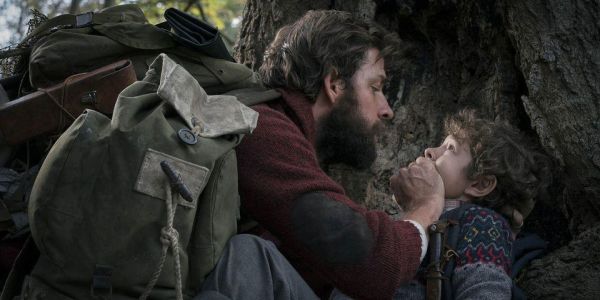
There's nothing quite like the movie theater experience of watching a movie, especially for the first time. You get to see it on a massive screen with a state of the art sound system in a dark room with other people who are also watching it for the first time. The theater experience is both a solitary and a communal experience at the same time. You sit alone, but among others. The right audience can enhance a movie and make watching it better. The wrong audience can kill a movie. If you saw A Quiet Place in the theater over the weekend, you probably know what I'm talking about, one way or the other.
Spoilers for A Quiet Place are about to follow. You have been warned.
If you're not up to speed, A Quiet Place follows a family trying to survive a world taken over by an alien creature that is guided by sound. They are entirely blind, but if you make a loud noise, they will hear you and be on you in moments. This means that the vast majority of the film is presented in near silence. Only a couple of scenes even have dialogue, the rest of the communication being done between characters via American Sign Language that is subtitled for the audience. The tension is palpable as we learn early on, in a heartbreaking moment, what the penalty is for noise. Interestingly, this lesson isn't just learned by the characters, but also by the audience watching them.
My own experience watching A Quiet Place was one of the most remarkable of my life. It was at a pre-release screening, but the theater was full of people who had won or otherwise obtained passes from the local radio station, so the crowd wasn't unlike one you'd find in a theater tonight. It was remarkable as we all sat together, and tried not to make any noise. Even the moments where the audience might gasp or even cry out were muted as people cut themselves off in order to make as little noise as possible, as if they were afraid they would be heard by the creatures. The silence becomes palpable and each member of the audience is afraid to break it, making each of us feel like we were part of the movie.
For the most part, it seems that theater audiences, get it, as others have remarked about how the sound in the theater, or the lack thereof, is important to properly enjoy A Quiet Place and how it makes the experience something special.
It also turns out that the need for quiet can permeate an audience so deeply, that loud noises still shake them after the movie is over.
We all hate it when people make too much noise in the theater, but lots of people do it. Perhaps we can all use A Quiet Place as a learning experience. Maybe you're the one that makes too much noise, and you just don't know it yet. You'll learn something about yourself here.
CINEMABLEND NEWSLETTER
Your Daily Blend of Entertainment News
Of course, there is a downside to a movie that is so quiet, and that is that if you have somebody in the theater that doesn't "get it" the experience can actually be that much worse. Somebody who has no problem making noise in a theater is going to completely break the tension. Although, this particular reaction would have been awful during any movie.
While the "theater experience" can always be hit or miss, the right crowd makes A Quiet Place an even better movie than it is by itself. Based on the responses on social media, it appears that most audiences understand how to treat this movie, so if you haven't seen it in the theater yet, odds are you'll have a great, if terrifying, experience. Just remember to open your candy while the trailers play. You don't want to be the one who makes the noise once the movie starts.
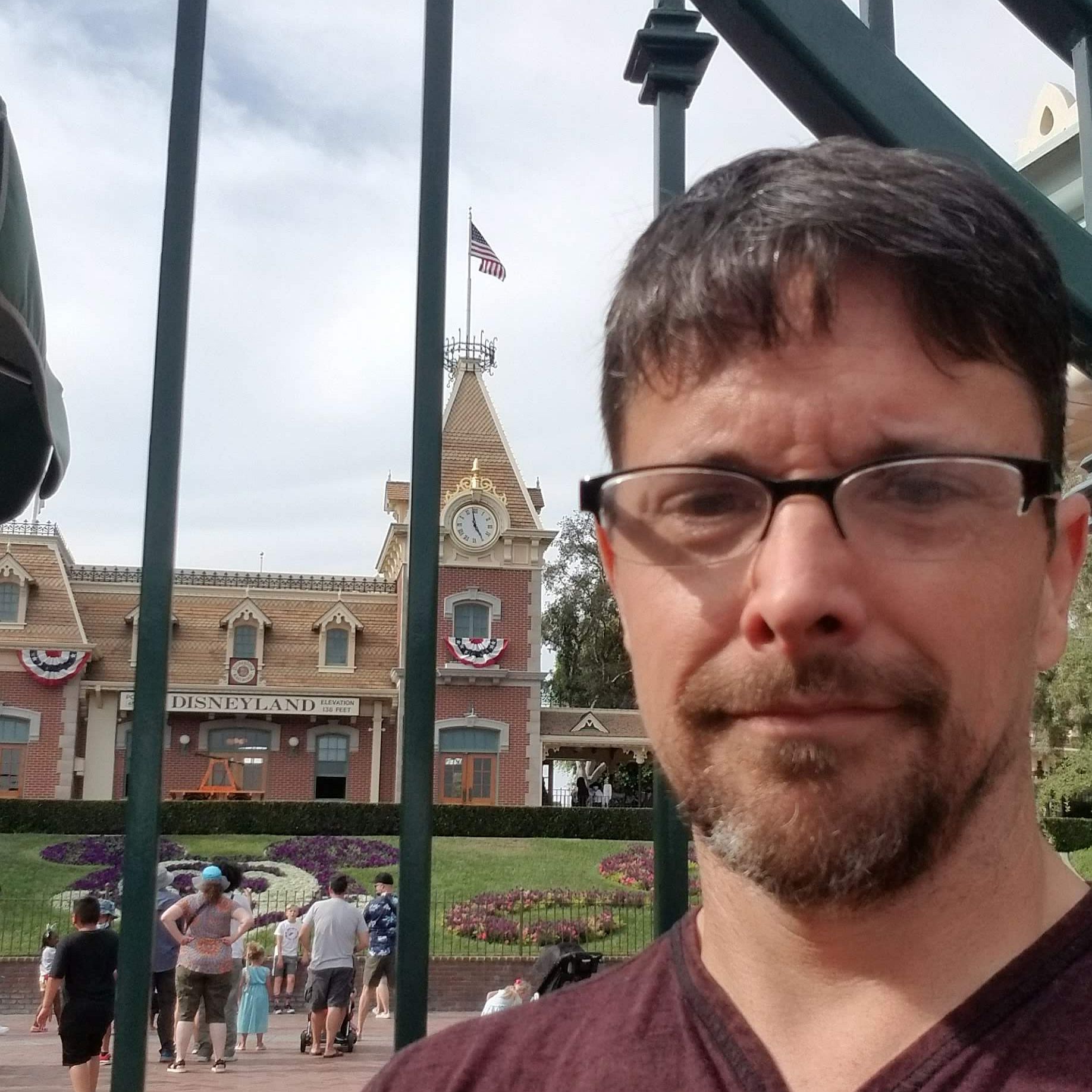
CinemaBlend’s resident theme park junkie and amateur Disney historian, Dirk began writing for CinemaBlend as a freelancer in 2015 before joining the site full-time in 2018. He has previously held positions as a Staff Writer and Games Editor, but has more recently transformed his true passion into his job as the head of the site's Theme Park section. He has previously done freelance work for various gaming and technology sites. Prior to starting his second career as a writer he worked for 12 years in sales for various companies within the consumer electronics industry. He has a degree in political science from the University of California, Davis. Is an armchair Imagineer, Epcot Stan, Future Club 33 Member.


